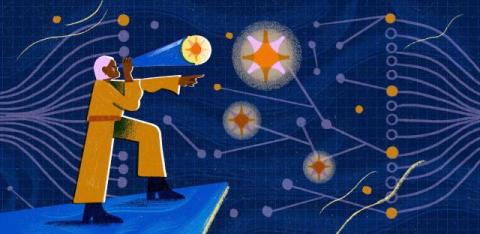7 Management Styles and How to Become the Best Boss Ever?
Let’s keep it simple. There are basically two management styles: “bossy” and “buddy.” All managers are drifting between these extremes, looking for the best approach in their particular cases. For you to choose the right management style, I’d like to share some insights, expert tips, and stories. I hope you’ll find them helpful!











